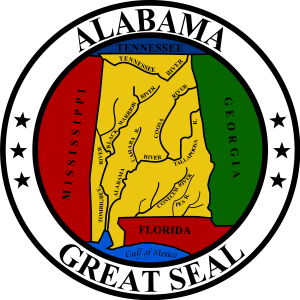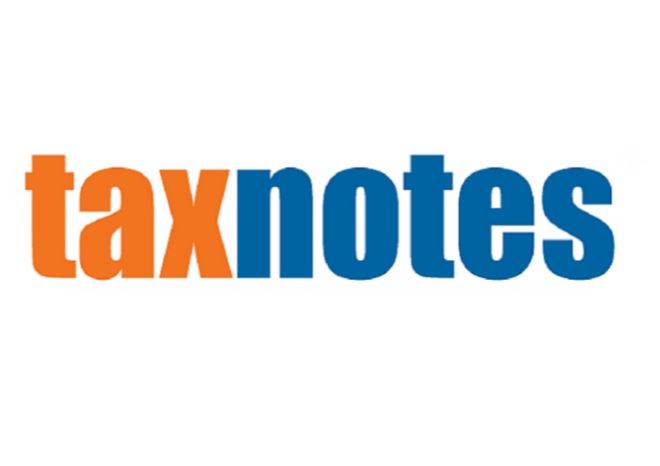Pillsbury partners Breann Robowski and Jorge Medina will be participating in the Wichita Property Tax Conference taking place on July 24-28. Continue Reading ›
Continue Reading ›
Articles Posted in Issues
California Court Holds Nonresidents’ Pass-through Income from Intangibles Is Taxable if It Is Classified as Business Income at the Entity Level.
The California Court of Appeal held a nonresident S corporation shareholder’s pro rata share of gain on the sale of goodwill classified as business income by the S corporation has a California source and is subject to tax for personal income tax purposes to the extent of the S corporation’s California apportionment formula and is not sourced 100 percent to the nonresident shareholder’s domicile. Continue Reading ›
2022 Summer Tax Institute
Pillsbury SALT partner Robert P. Merten III will be participating as an instructor in the 2022 Summer Tax Institute put on by the UC Davis School of Law.
2022 CalTax Foundation Webinar Series
Pillsbury SALT partner Breann Robowski will participate in the CalTax webinar series on June 7.

CalTax’s 96th Annual Meeting
Pillsbury SALT partner Carley Roberts will be participating in a panel discussion on income tax at the CalTax Annual Meeting on June 2. 
2022 ABA/IPT Virtual Advanced Tax Seminars
Pillsbury SALT partner Breann Robowski will present during the 2022 ABA/IPT Virtual Advanced Tax Seminars in March.

Contractual Delivery Terms Control Application of Alabama’s Wholesale Oil License Fee

The Alabama Tax Tribunal held the taxpayers’ wholesale sales of fuel that entered and exited the state via the Colonial Pipeline were subject to the state’s wholesale oil license fee. The sales in question were made to Alabama license holders and involved fuel imported from out-of-state. The fuel would either enter Alabama from out-of-state through the Colonial Pipeline or be injected in the pipeline at a point in Alabama. In either instance, the fuel was bound for final movement out of Alabama with there being no subsequent point in Alabama where the fuel could exit the pipeline.
California Tax Credits and NOL Deductions Are Back! Governor Signs Legislation Reinstating Business Taxpayer Benefits Limited by 2020 Legislation

California Governor Gavin Newsom has signed legislation (i.e., S.B. 113) to, among other things, reinstate business tax credits and net operating loss (NOL) deductions originally limited by the enactment of A.B. 85 in 2020.
2022 CalTax Foundation Webinar Series
Pillsbury SALT partner Craig Becker will participate in the CalTax webinar series on February 8.

How to Be Reasonable When Reasonably Approximating the Market: Part II
Pillsbury SALT attorneys Carley Roberts, Robert P. Merten III, Jeff Phang, and Lexi Louderback recently published “How to Be Reasonable When Reasonably Approximating the Market: Part II” in Tax Notes State. Read more here.
 SeeSALT Blog
SeeSALT Blog

